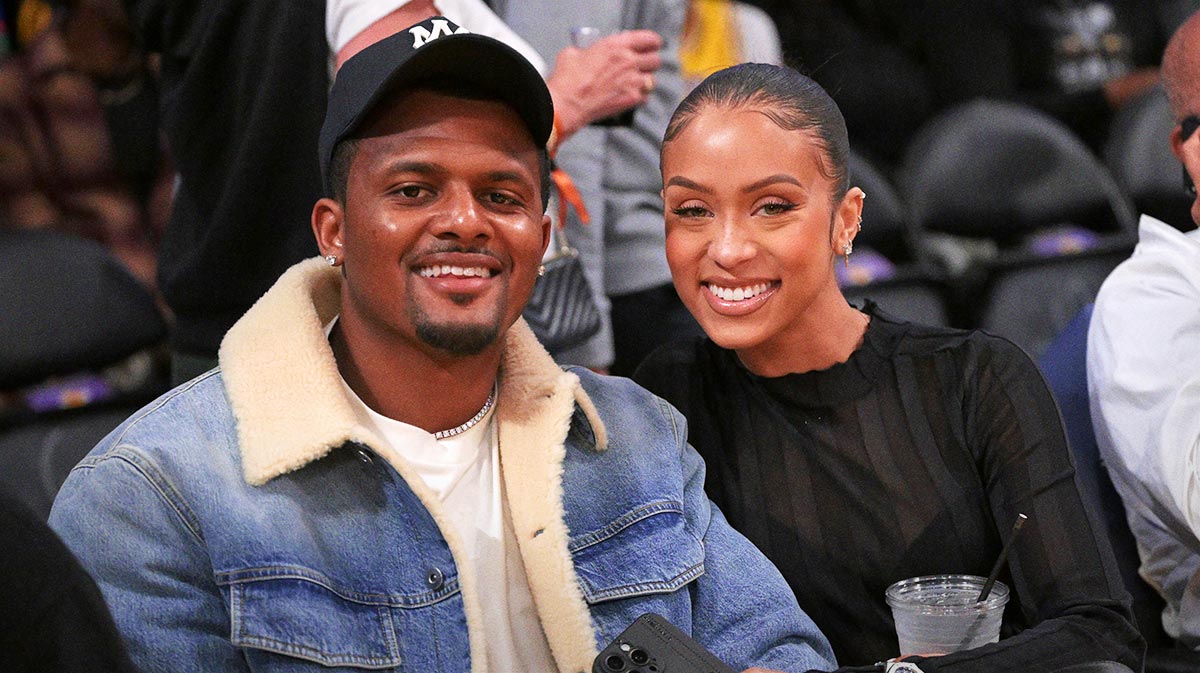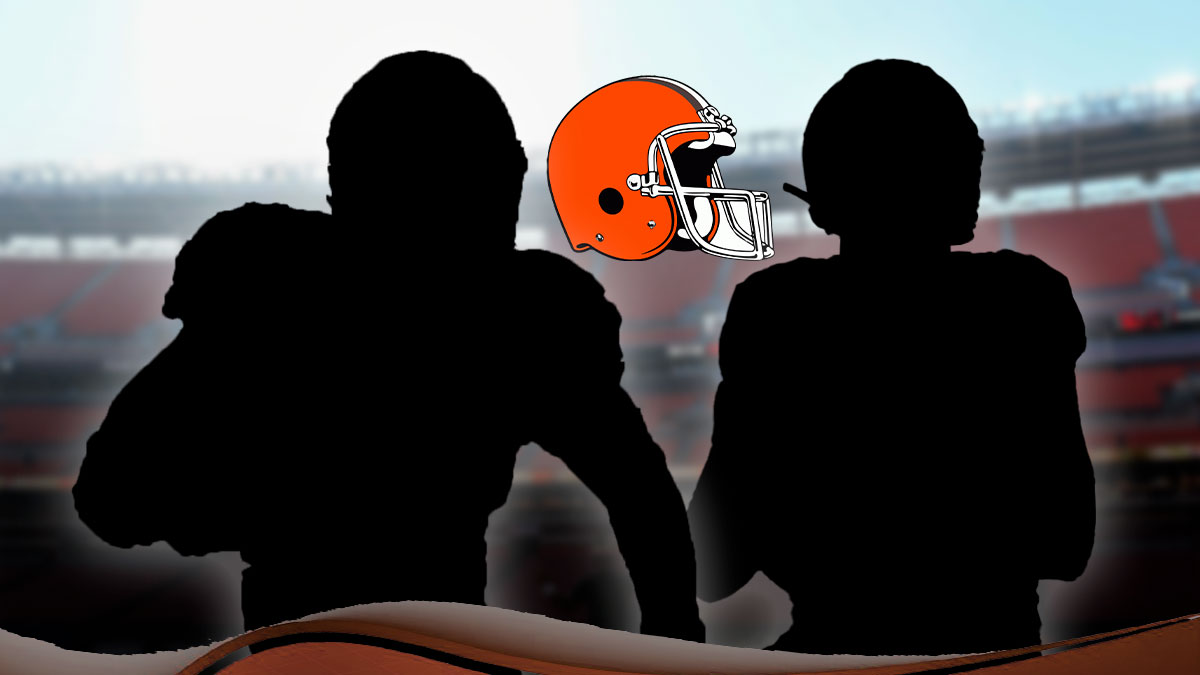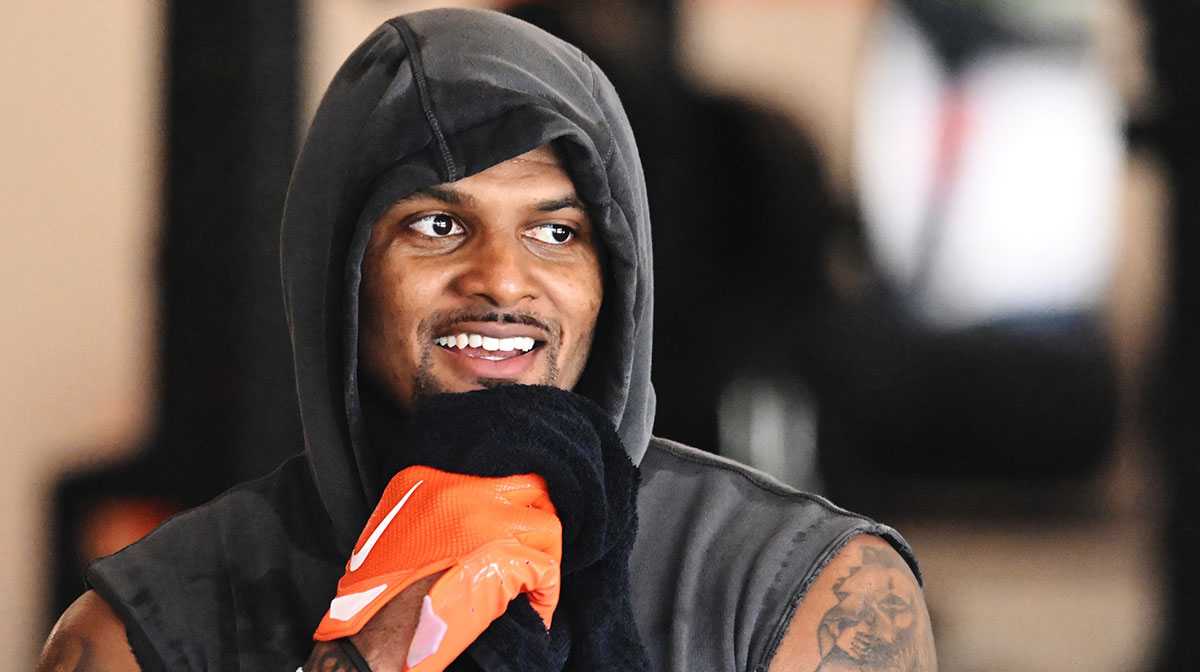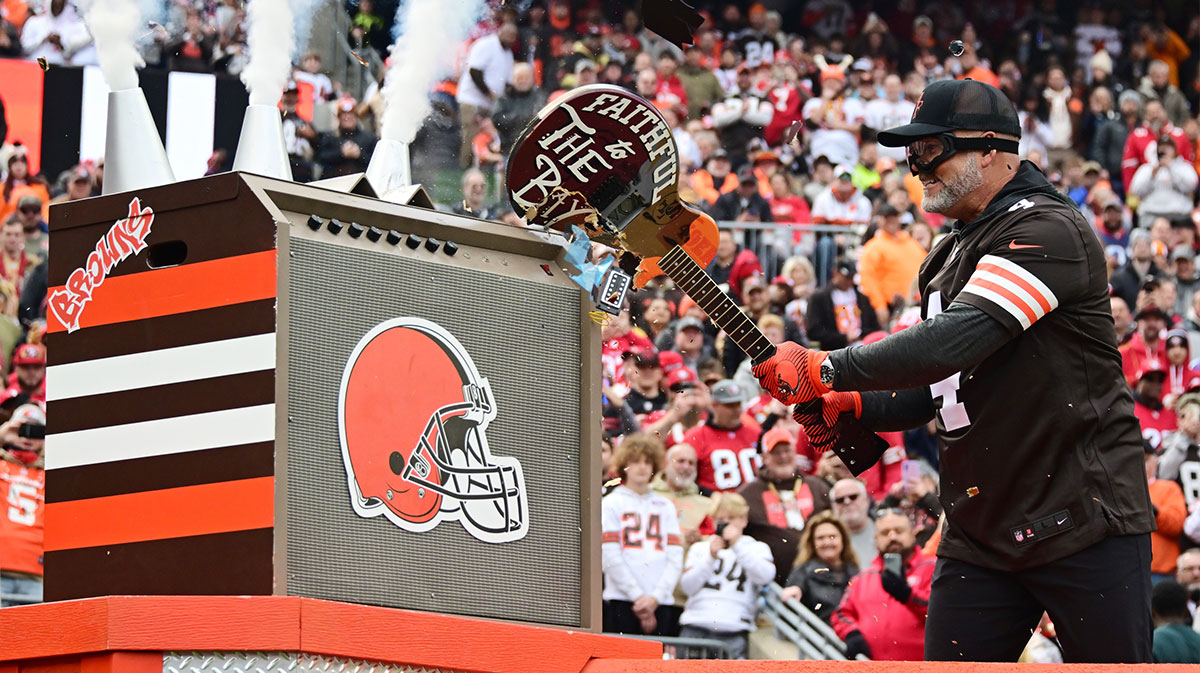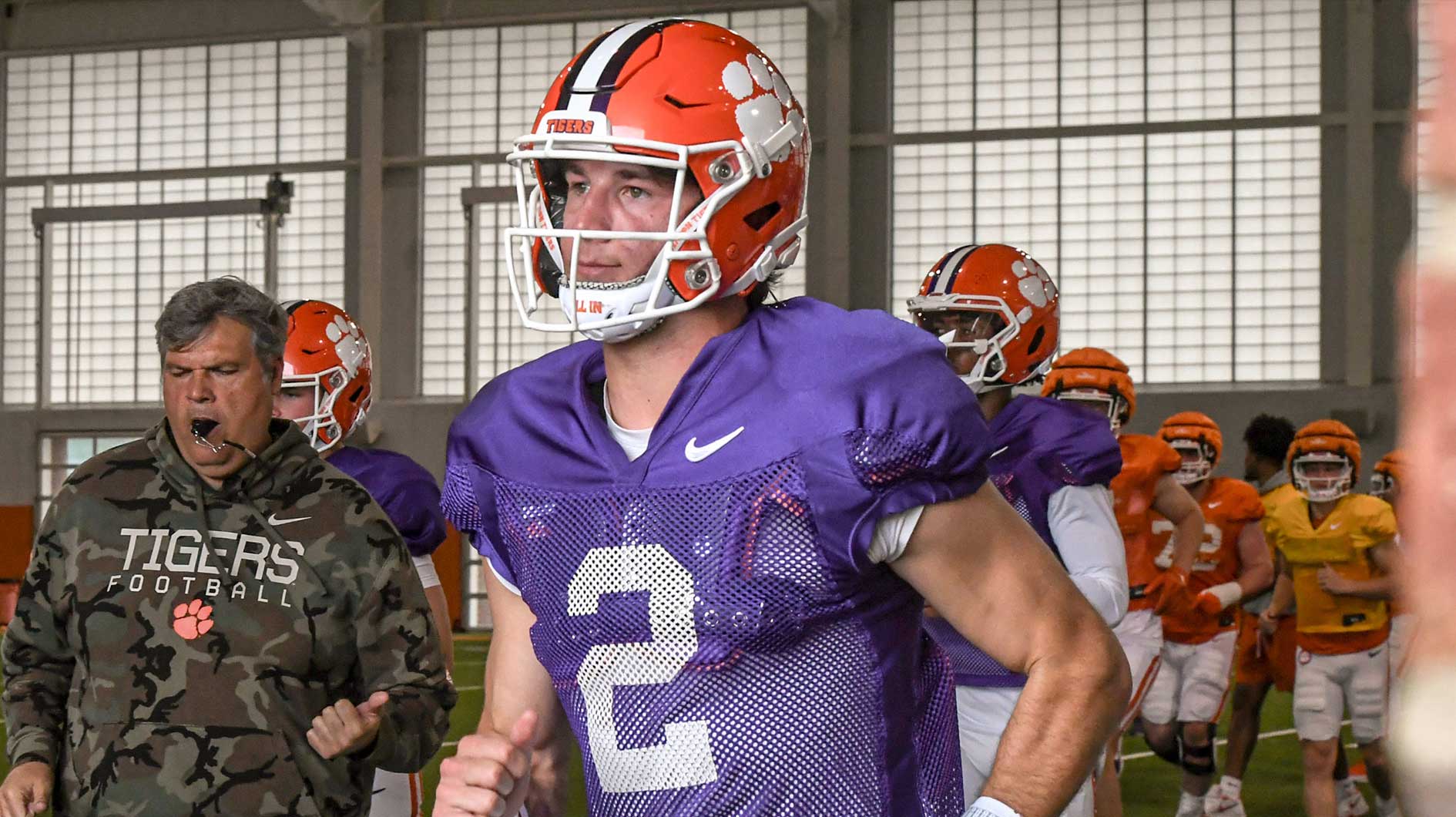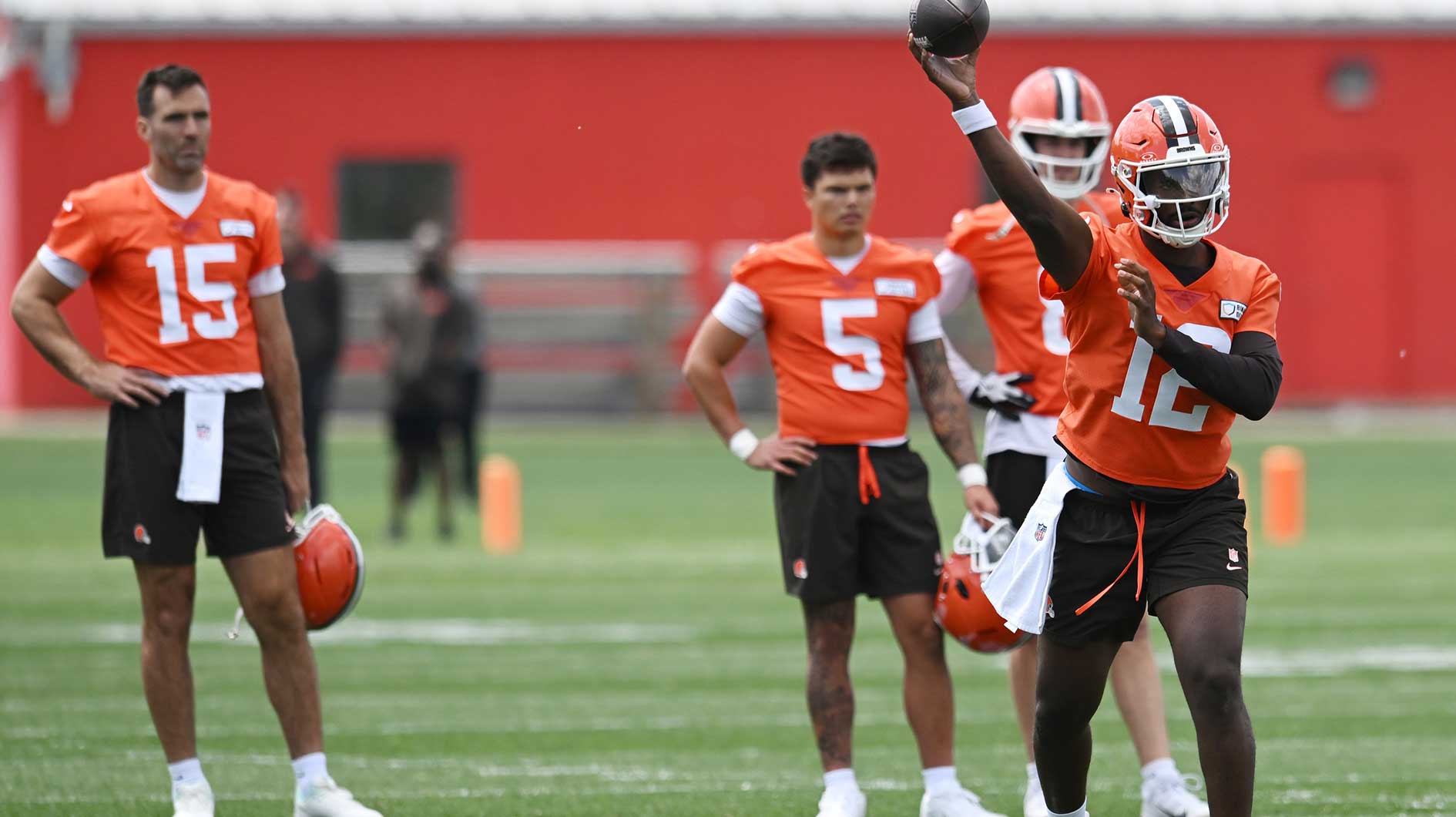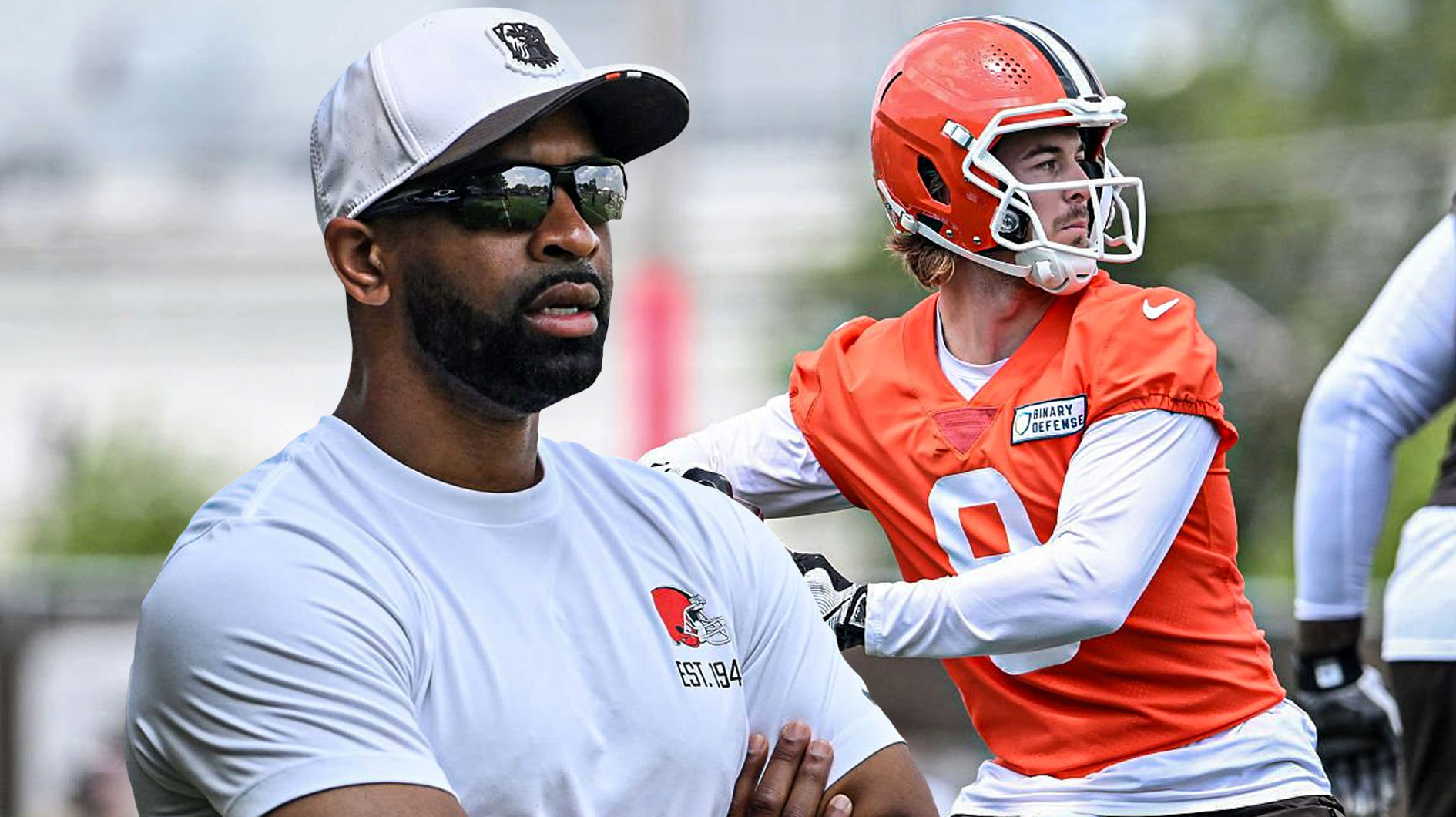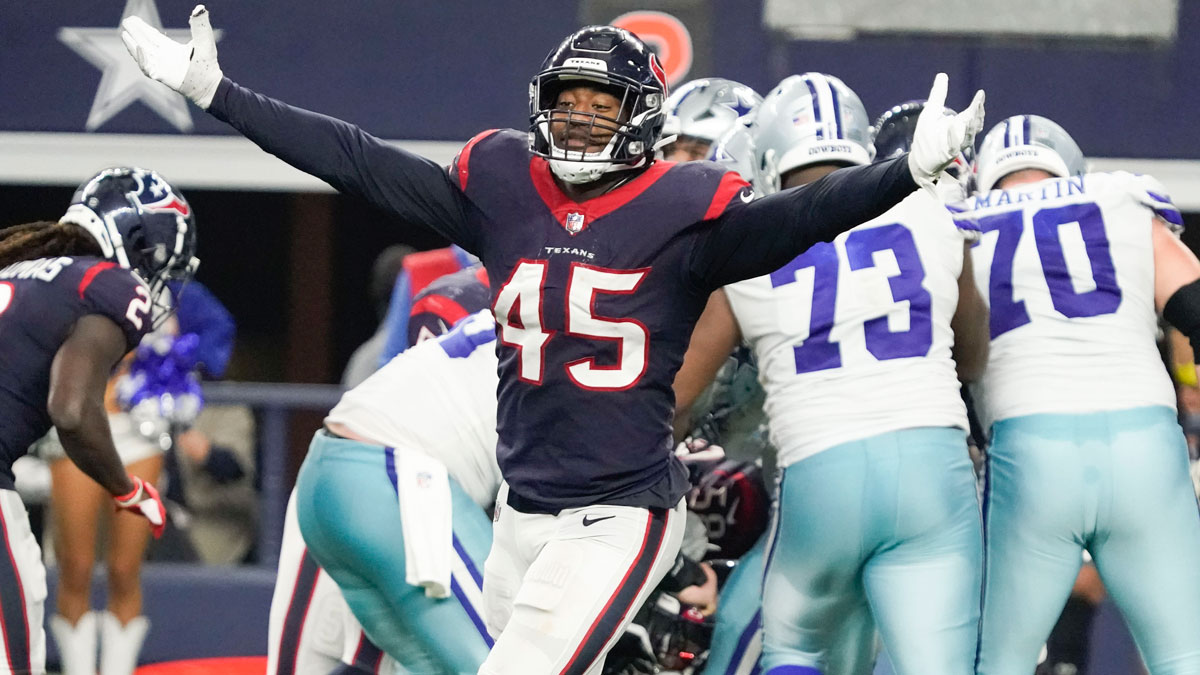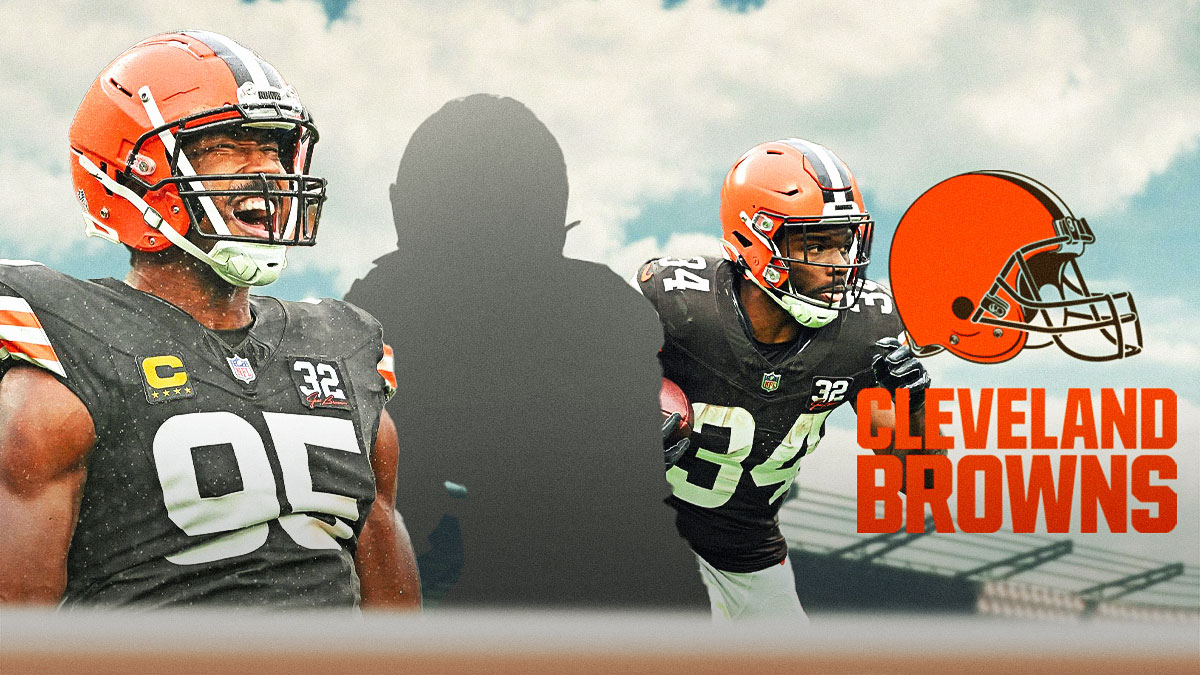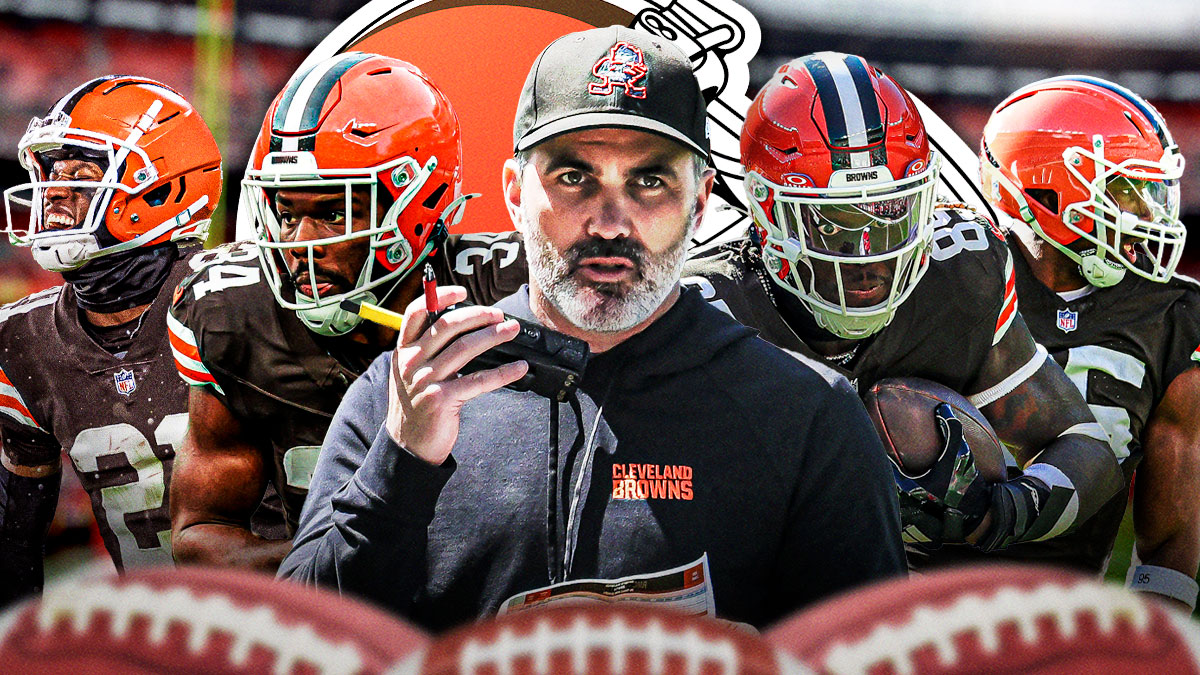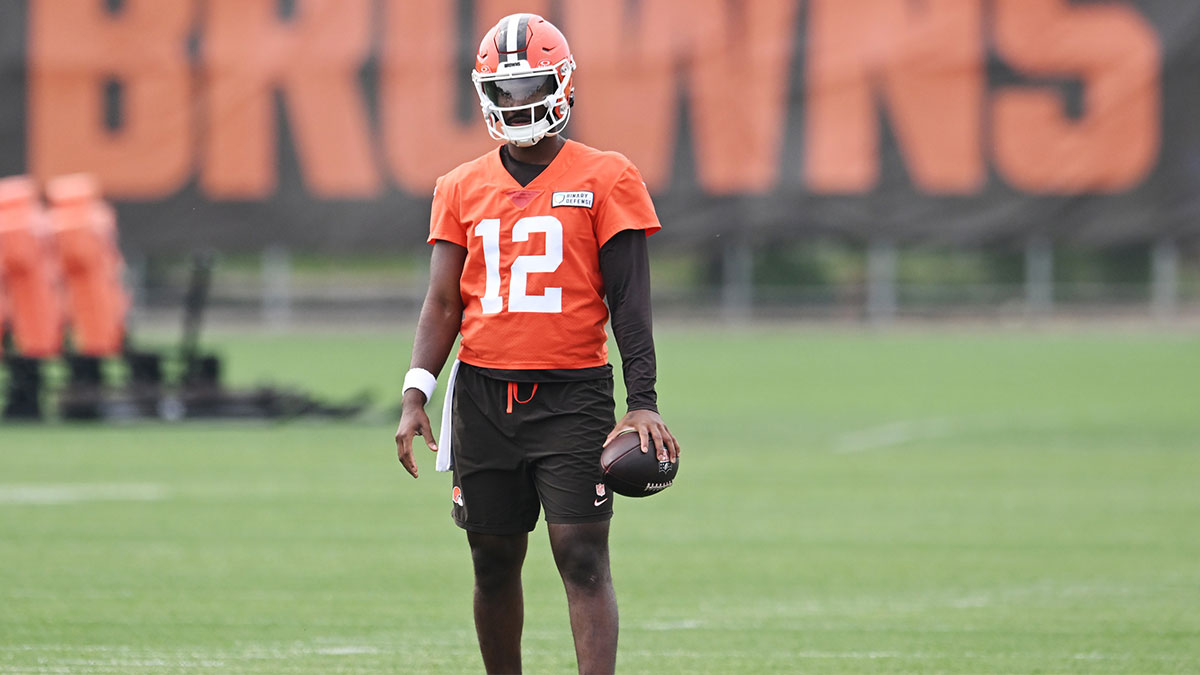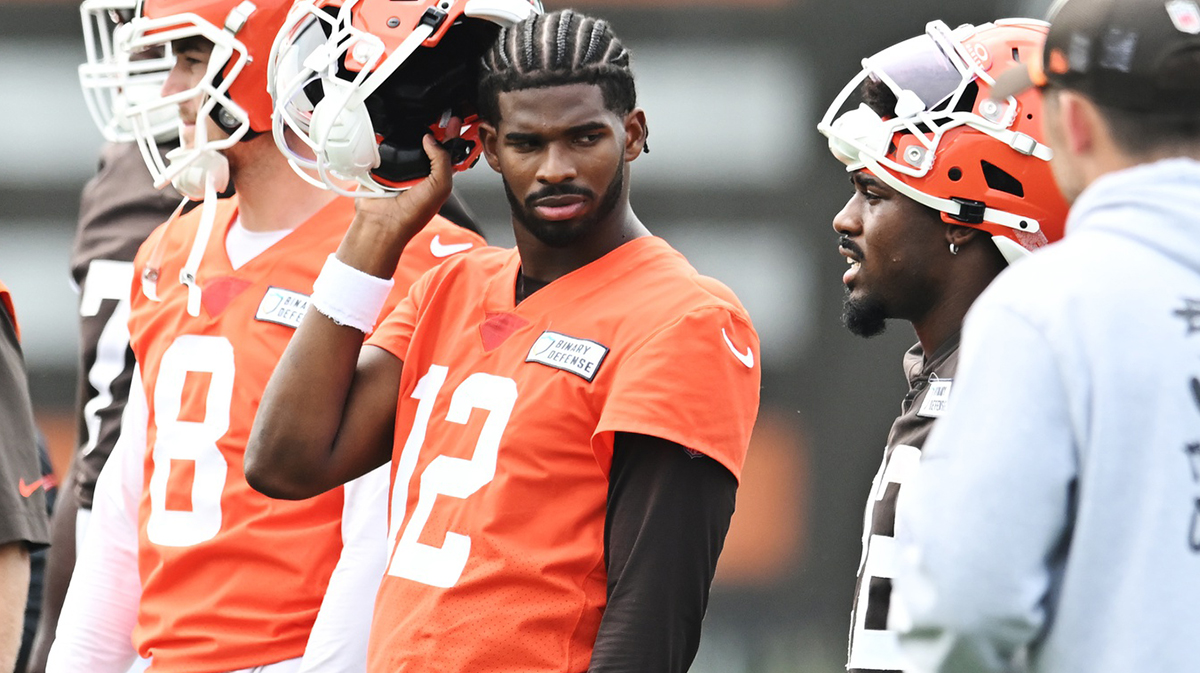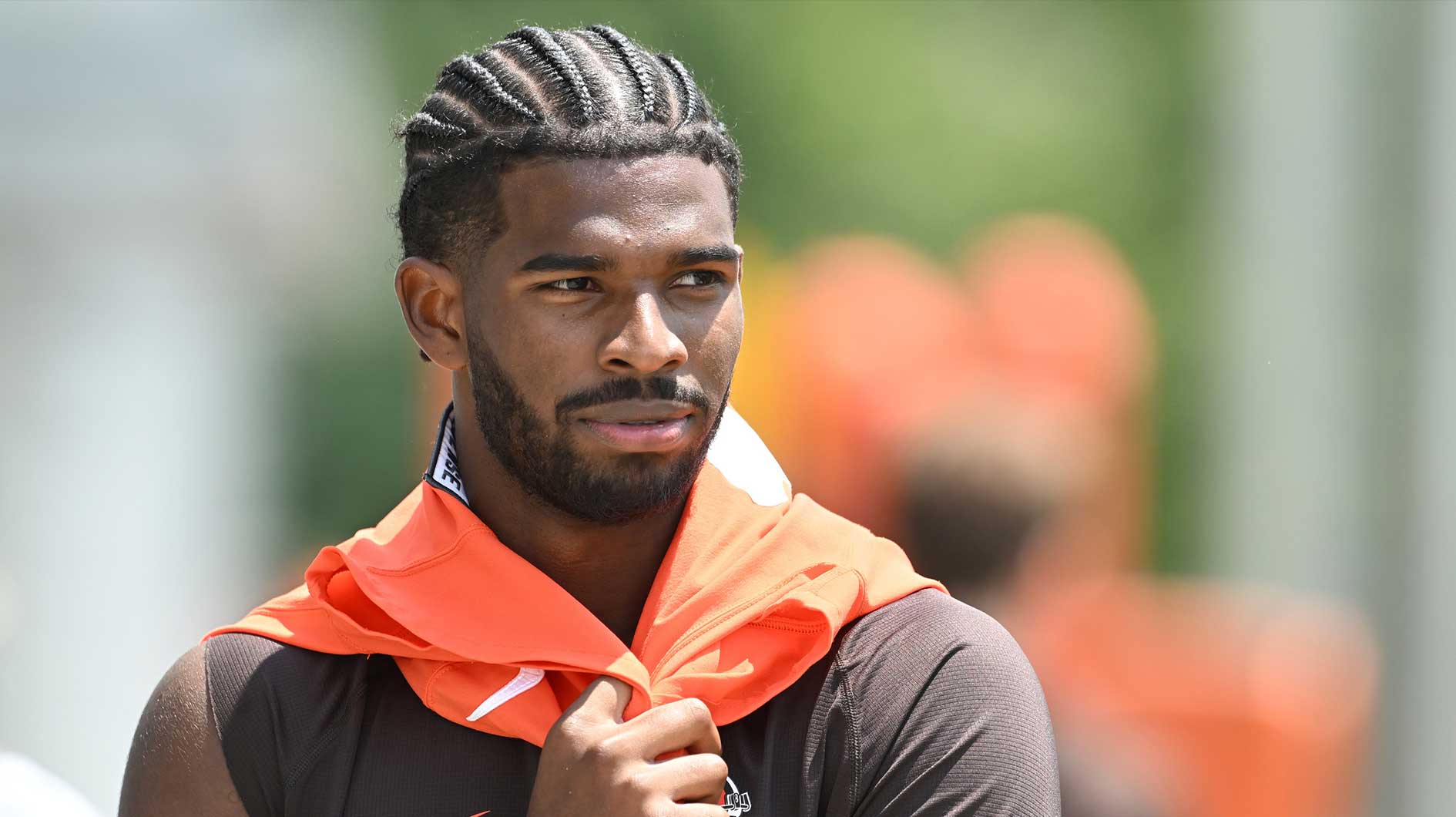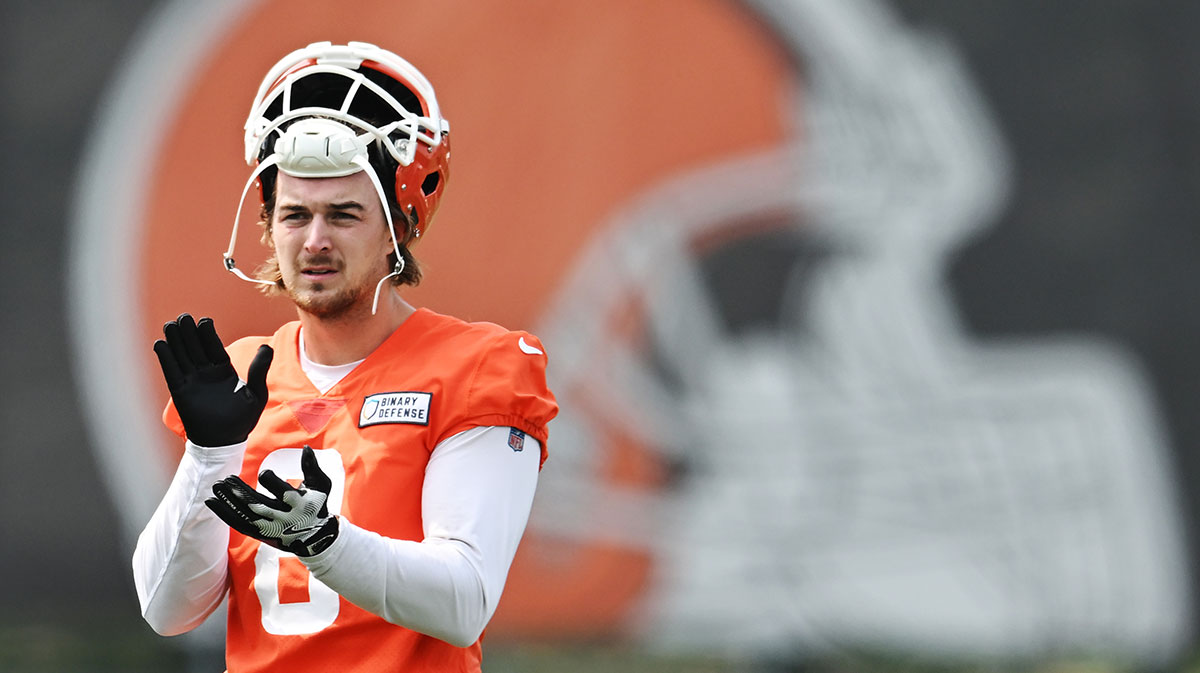If you're a football fan of any sort, whether it's casual, die-hard, or anywhere in the middle, you're guilty of being an armchair NFL general manager.
But there's nothing wrong with that. Having an opinion is a central part of being a sports fan. It's what makes following teams fun. Without the sharing of differing opinions, entertaining discussions like “Should the Jaguars trade Jalen Ramsey?” and “Did the Giants reach on Daniel Jones?” wouldn't exist. None of (or at least most of) us are part of a front office, but we don't need to be to talk about personnel decisions. One doesn't need to be a politician to have a view on politics either.
But there are some who will attack others for criticizing a move because “Team X's general manager is smarter than you” or “Team X's GM is in the position to make that move, and you aren't”, and finally, “team X's GM knows what he's doing so I trust him on this”. No matter what a GM's track record is, they are never above reproach. They should never be immune to criticism. And no fanbase should ever be 100% in favor of every single move made.
Bill Belichick is the greatest coach in NFL history. He's spanned multiple eras of football and dominated each one, adapting to the game's playstyle and evolving his roster. Even Belichick has made mistakes, and deserves to be criticized for them. New England's 2006 and 2009 Drafts were awful. The Patriots selected Aaron Hernandez despite already prevalent character issues that only got worse. In recent years, the team has taken multiple Day 2 defensive backs, only to quickly move on from them.
John Dorsey of the Cleveland Browns is considered one of the best talent evaluators in the league, because of his work in Green Bay, Kansas City, and now Cleveland. With the Packers, Dorsey pounded the table for Aaron Rodgers with the Packers, drafted Patrick Mahomes with the Chiefs, and took Baker Mayfield with the Browns.
Other NFL Draft hits to his name include current Cleveland starting right guard Erick Kush (2013 sixth round), Genard Avery (2018, fourth round), Travis Kelce (2013, third round) Mitch Morse (2015, second round), Chris Jones (2016, second round), and Nick Chubb (2018, second round). He has transformed the Browns from 0-16 team to a roster that is one of the most talented in the entire NFL.
But even Dorsey is deserving of criticism. He has no issue with acquiring players with checkered pasts. He took Tyreek Hill and Kareem Hunt while with the Chiefs, and Antonio Callaway with the Browns. Hill was kicked out of Oklahoma State after pleading guilty to domestic violence against his pregnant girlfriend. Hunt had a history of partying and alcohol use in college. Callaway was suspended from Florida for multiple incidents, including a sexual assault accusation and credit card fraud. Each of these three players has had run-ins with the law since being drafted. Hill was involved in a child abuse investigation this offseason and was caught on tape talking violently to his fiance. Hunt was cut by the Chiefs mid-season in 2018 due to a video of him kicking a woman in a hotel altercation. And Callaway was pulled over and marijuana was found in his vehicle just months after being drafted, and was suspended for the first four games of 2019 for a substance abuse violation.
Dorsey's strategy for taking character risks is simple; he claims he can “look into a player's eyes and see if they have a soul”. It's all a gut feeling, not based on whether or not the player has done anything to warrant a second chance. That was evident when he drafted Callaway and signed Hunt in Cleveland.
Character issues aren't the only thing that Dorsey deserves criticism for. Despite his mostly good NFL Draft record with the Chiefs, he was fired not three months after the 2017 Draft, in large part to how he managed (or mismanaged rather) the Chiefs salary cap. Chief Strategy Officer Paul DePodesta has been able to Dorsey in check more with the Browns, but money is still an issue. Large contracts were handed out to players like Jarvis Landry and Chris Hubbard, who don't exactly deserve them. Cleveland has over $34 million in cap space remaining, but that's all rollover that was accumulated by former executive Sashi Brown; the Browns are in fact over the salary cap right now. The team is going to need plenty of cash to keep their talented core together.
Player acquisition has of course not been perfect for Dorsey either. After initially making the 53-man roster in 2018, defensive end Carl Nassib was waived in order for the Browns to sign DE Ifeadi Odenigbo, who the Minnesota Vikings had just cut. 20 days later, Cleveland waived Odenigbo before he had played a single snap for the team. A month after that, Odenigbo was back with the Vikings. Meanwhile, the Tampa Bay Buccaneers claimed Nassib, who finished with a career-high 6.5 sacks and 14 quarterback hits.
Darren Fells was signed to be David Njoku's backup at tight end prior to 2018. Fells caught 11 of his 12 targets on the season and scored three touchdowns, while being used primarily as an extra blocker. But he was released as soon as Kansas City's Demetrius Harris, whom Dorsey had originally signed, became available. Through two games, Harris has been atrocious, and will now see the field even more with the injury to Njoku.
In the 2018 Draft, the Browns had five selections in the first two rounds, including two of the top four picks. Mayfield and Denzel Ward look like home runs, but the second round is a different story. Chubb has been 100% worth the 35th selection, but the other two picks in that round have not turned out well. Cleveland owned the first pick of the second round, which is valuable not only for its high status, but also because many teams make trade offers in order to secure themselves one of the players who inevitably fall out of the first round for one reason or another. Dorsey selected offensive lineman Austin Corbett, who had played tackle at Nevada, but practiced at center in the Senior Bowl and was expected to move inside in the pros.
Corbett rode the bench for his rookie season because the Browns had one of the best OL interiors in the league, with Joel Bitonio, J.C. Tretter, and Kevin Zeitler. In the offseason, Dorsey traded Zeitler to the New York Giants for Olivier Vernon. This was done to upgrade the defensive line, but also because the team had confidence that Corbett would be able to replace Zeitler.
That didn't happen. Corbett quickly fell behind Bryan Witzmann, Kush, and eventually developmental rookie Drew Forbes in the RG race, and is now the backup center. He played nearly all four quarters of every preseason game, and was consistently beaten by players who aren't even on a team anymore.
The third and final second-rounder was never used. Cleveland traded back with Indianapolis, and selected Miami defensive end Chad Thomas near the top of round three. Thomas looks like a dominant player but was unproductive in college and was active only four times as a rookie, recording zero stats.
Corbett looks like a massive whiff, but no one is perfect. The outrage from some over Corbett has less to do with his play to this point and more to do with the thought process behind drafting him in the first place. The Browns were coming off an 0-16 season after going 1-15 the year before. They needed immediate contributors at most positions, and taking a player who had no shot at starting was puzzling. Except Corbett did have a shot at starting; that's why he was taken over better guard prospects like Will Hernandez, James Daniels (who ironically pushed Kush out of Chicago), Connor Williams, and Braden Smith. The front office thought that Corbett could possibly remain at left tackle, replacing the gigantic void left by the retirement of future Hall of Famer Joe Thomas. And if that didn't work, Corbett would become a good guard. Perhaps not as good as the others still on the board at the time, but good nonetheless.
That gamble has certainly not paid off, and when a team is in desperate need of talent at many different spots, making a gamble that high in the Draft is a poor idea. This isn't a situation where a pick just looks bad in hindsight; it was highly questionable as soon as it was made.
Many of these same criticisms can apply to most NFL GMs, but Dorsey is a special case because of what team he is in charge of. It's been so long since Cleveland has had a competent GM (if you don't include Brown, but that's a very divisive topic) that fans will rush to defend Dorsey against any and all criticisms. And that isn't a good thing. Of course front offices and owners shouldn't directly listen to fans on personnel decisions, but a fanbase should keep those people accountable. And ignoring mistakes or saying that “Corbett busting doesn't matter because we had an extra pick” doesn't help. When a GM makes a bad decision, he deserves to be criticized. When he makes a good move, he deserves to be praised.
Whether it's Mike Maccagnan, John Dorsey, Howie Roseman, Jerry Jones, or Bill Belichick, no executive should be immune to criticism. It shouldn't matter what a GM's track record is; they should all be treated fairly. That means criticizing them for mistakes, especially when they aren't just mistakes because the player acquired turned out to be bad. Now matter how good or bad a GM is at his job, one thing must remain consistent: Team followings are fanbases, not cults.

